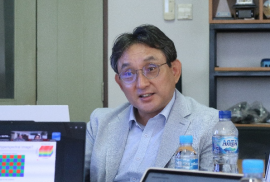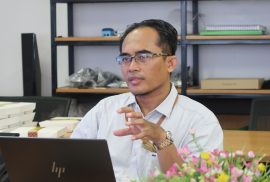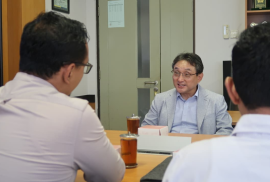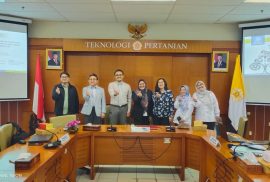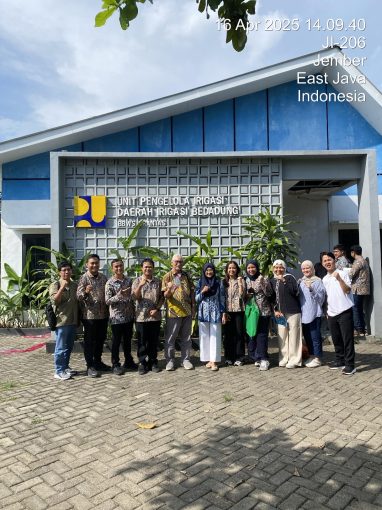
Jember, April 16–17, 2025. A group of academics from the Department of Agricultural and Biosystems Engineering (DTPB), Faculty of Agricultural Technology (FTP), Universitas Gadjah Mada (UGM)—consisting of lecturers, research assistants, and students—served as facilitators in the socialization and Focus Group Discussion (FGD) on the evaluation of irrigation modernization in the Talang Irrigation Area (DI Talang). This irrigation area, with a service coverage of 8,844 hectares, is located in East Java, specifically in Jember Regency. The evaluation activity is part of the Strategic Irrigation Modernization and Urgent Rehabilitation Project (SIMURP) and was organized in collaboration with the Directorate of Water Resources Technical Development, Directorate General of Water Resources, Ministry of Public Works, and the Brantas River Basin Organization (BBWS Brantas) as the implementing technical unit.
Held at the Office of the Talang Irrigation Management Unit (UPI) in the Bedadung area, the event was attended by representatives from the Directorate of Water Resources Technical Development and BBWS Brantas, academics from DTPB FTP UGM, as well as representatives from various stakeholders involved in irrigation management—such as the provincial/regency Public Works Offices, provincial/regency Agricultural Offices, Regional Development Planning Agencies (Bappeda), UPI, and farmers represented by the Water Users Farmers Association (HIPPA). The event was officially opened by the Director of Water Resources Technical Development, Dr. Ir. Muhammad Rizal, M.Sc., represented by his team.
The socialization activity was divided into two sessions: presentations on the evaluation of irrigation modernization policies and interviews with key stakeholders. The first presentation was delivered by lecturers from DTPB FTP UGM and the Faculty of Agriculture, Universitas Jenderal Soedirman (Unsoed)—Prof. Dr. Ir. Sigit Supadmo Arif, M.Eng. and Dr. Asna Mustofa, S.T.P., M.P.—who explained the concepts and implementation phases of irrigation modernization. The second presentation was given by another lecturer from DTPB FTP UGM, Dr. Eng. Ansita Gupitakingkin Pradipta, S.T., M.Eng., who discussed the urgency of evaluating irrigation modernization and the methodology used, while also linking it to environmental issues, including climate change. The second session of the socialization featured interviews with several stakeholder representatives to gather input for the evaluation.
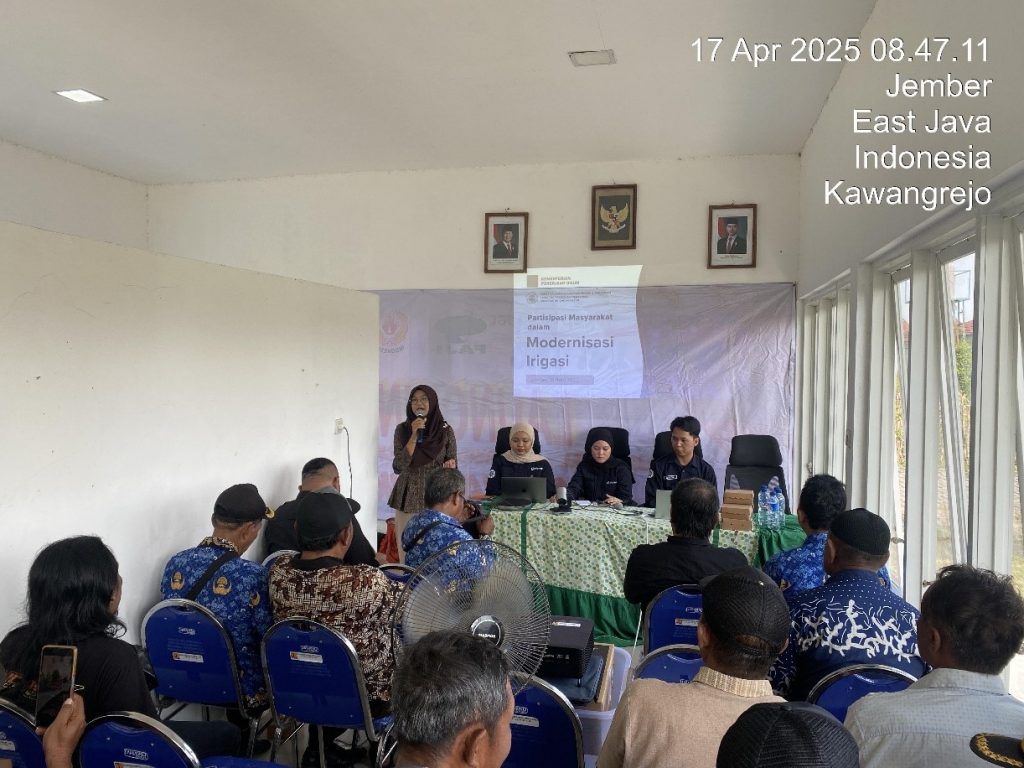
The FGD held on the second day aimed to map field conditions, identify challenges, capture stakeholder aspirations, and formulate future solutions. The discussion was initiated by the research assistant team from the Center for Irrigation and Agricultural Modernization Studies (PKMIP) FTP UGM, consisting of Arya Jaya Kusuma, S.T.P., Nindya Marsya Larasati, S.Sos., and Tsabita Prameswari Jannati, S.I.P. The team opened the discussion by presenting on community participation in irrigation modernization. Key issues discussed in the FGD included water availability and distribution to agricultural lands, challenges in the operation and maintenance (O&M) of the irrigation network, the role of institutions in irrigation governance, and environmental factors affecting irrigation operations. The evaluation team also conducted field inspections of the irrigation network to verify actual conditions on-site.
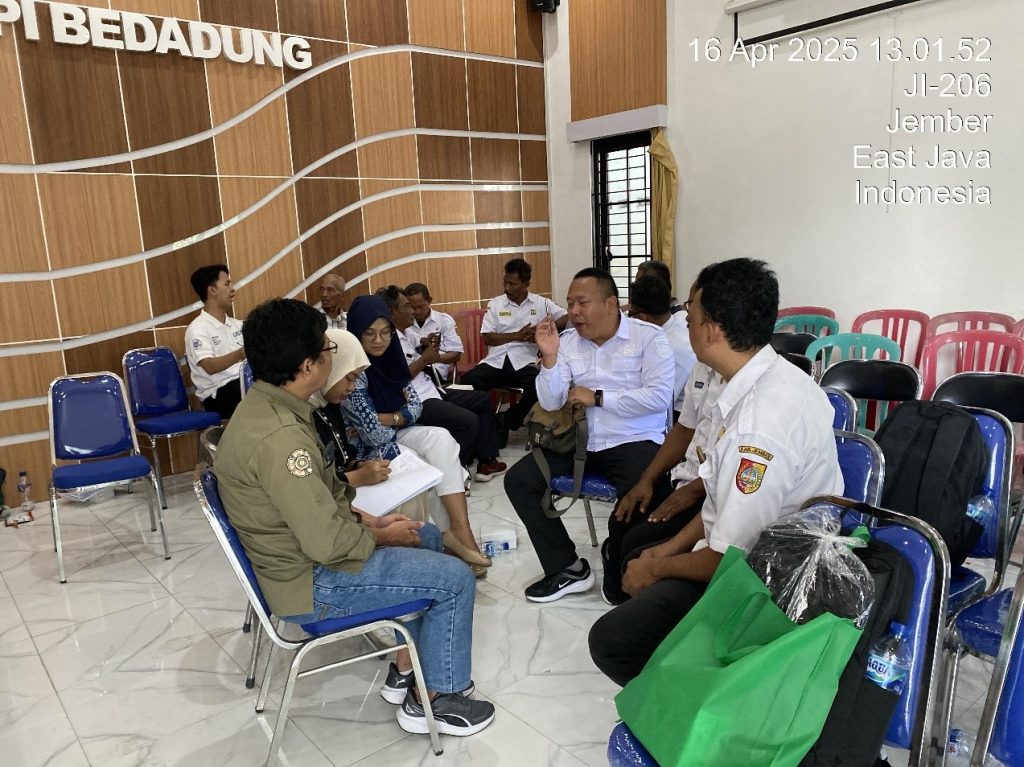
The data and insights gathered from the socialization and FGD will provide valuable input for evaluating the implementation of irrigation modernization in DI Talang and for formulating future policy directions. This activity serves as a concrete effort to support the achievement of the Sustainable Development Goals (SDGs), particularly SDG 2: Zero Hunger, through improved agricultural productivity based on adaptive and sustainable irrigation systems.

